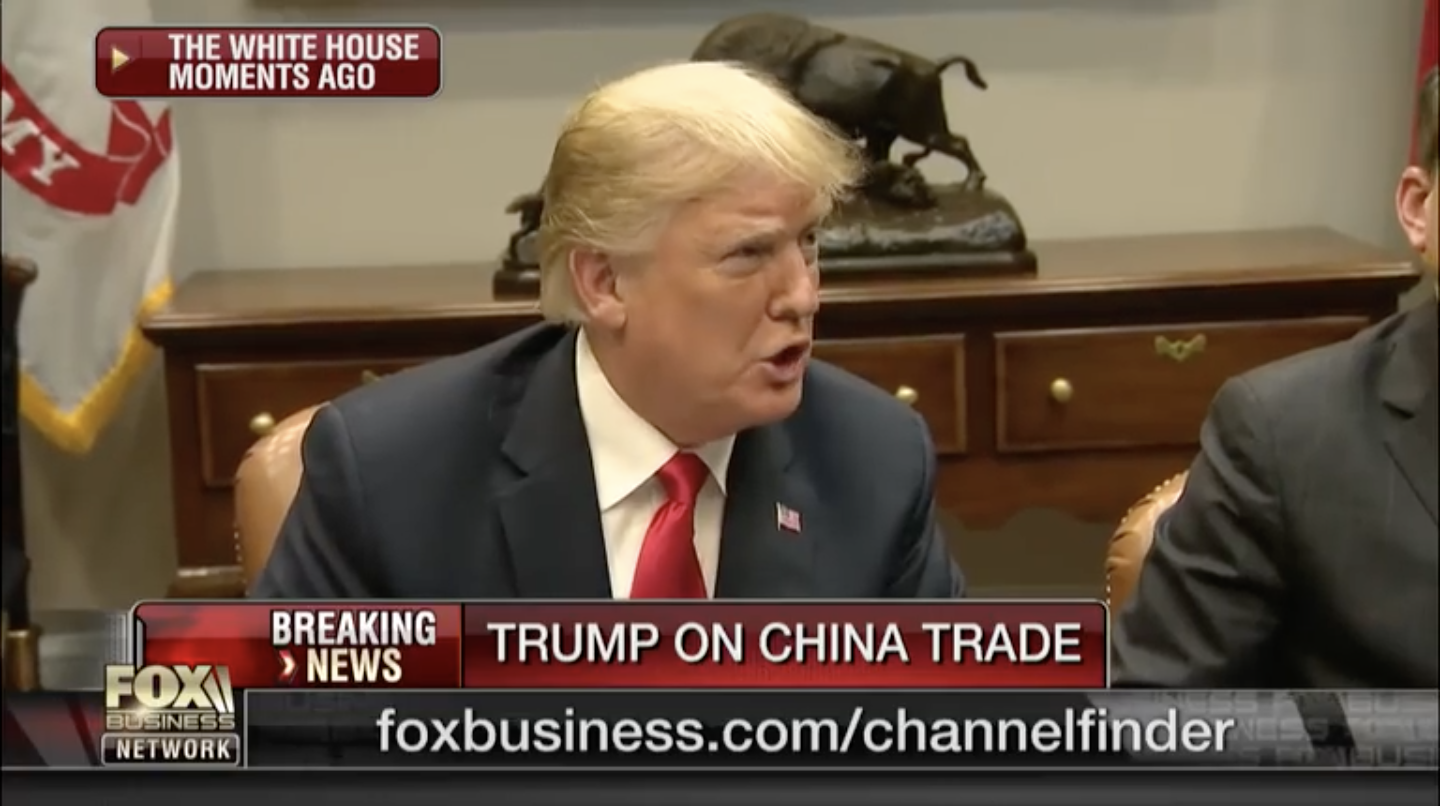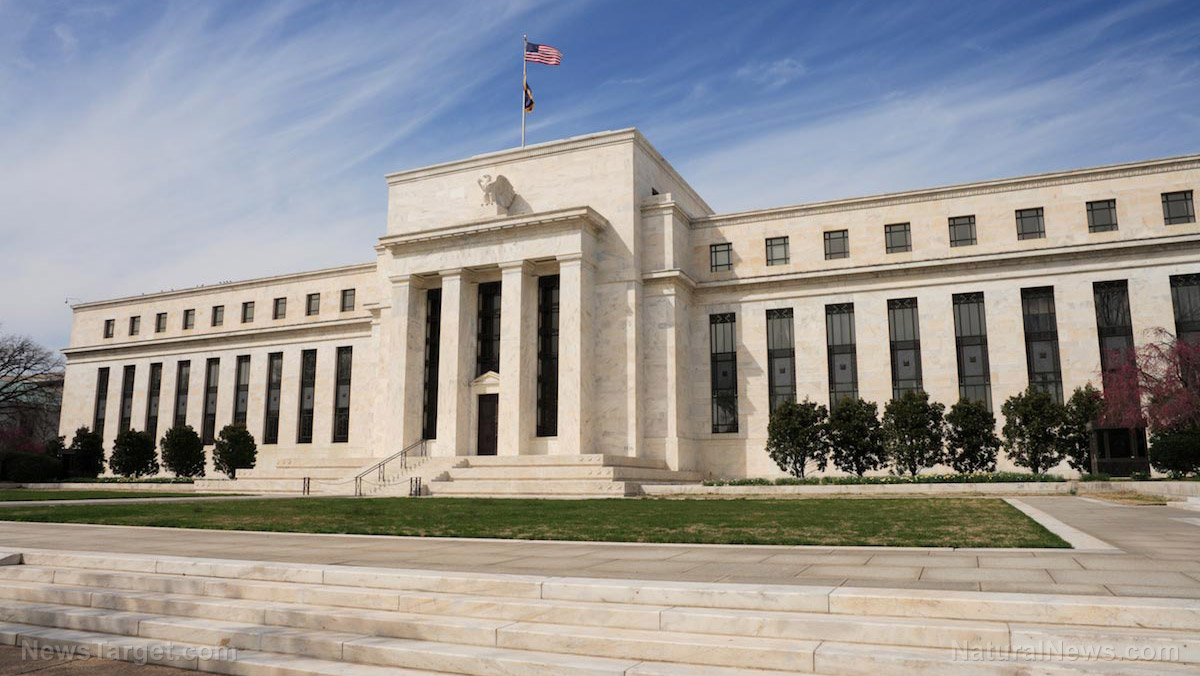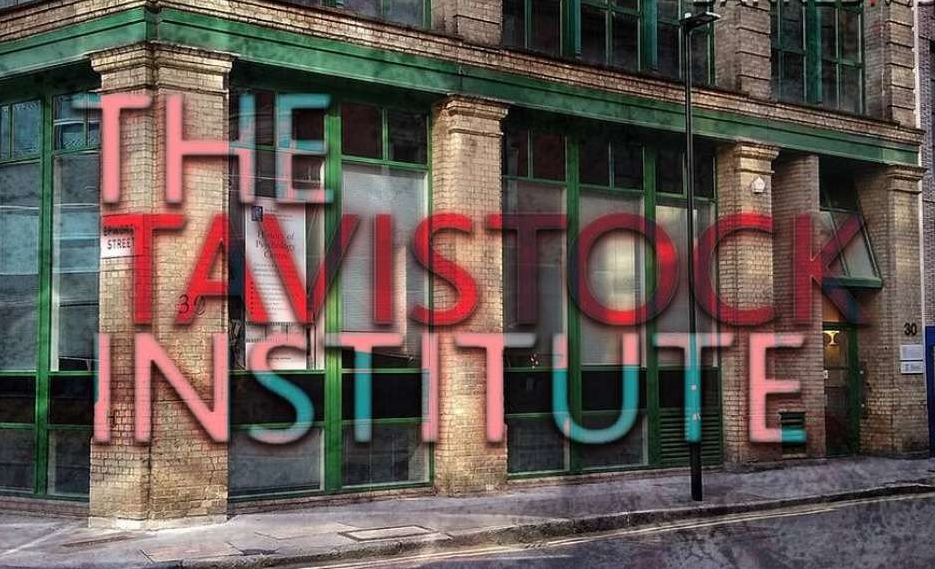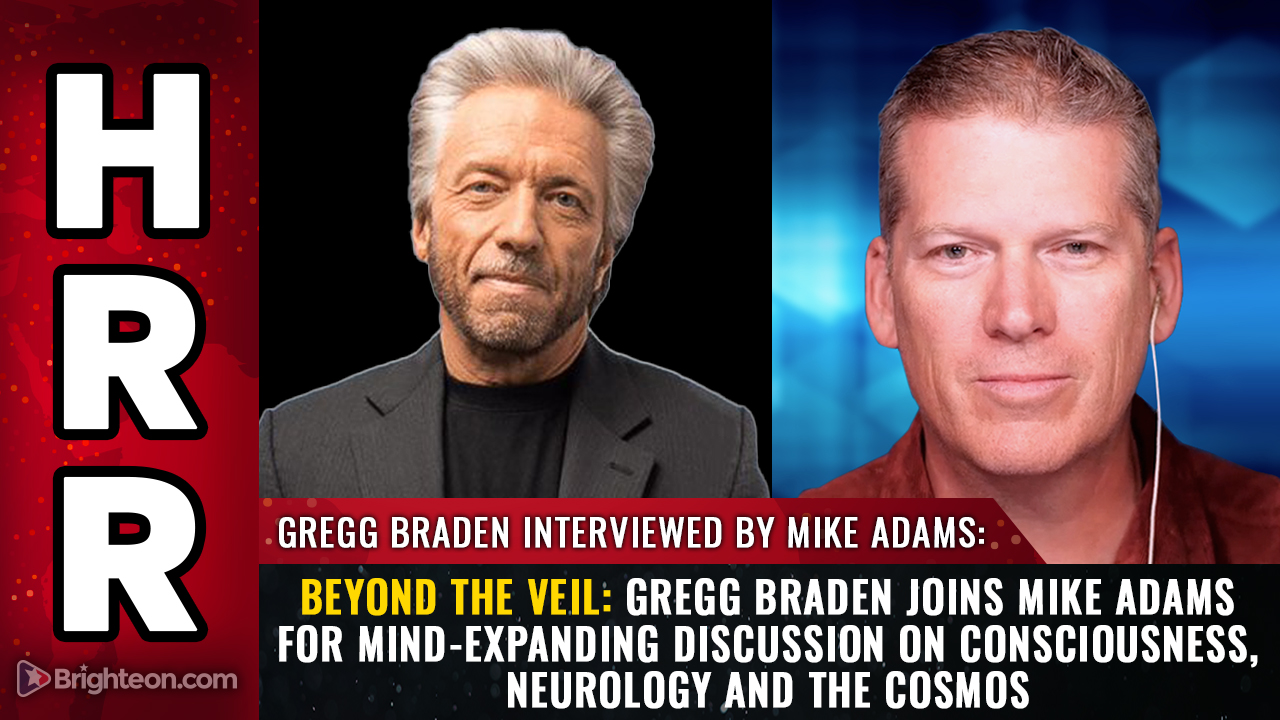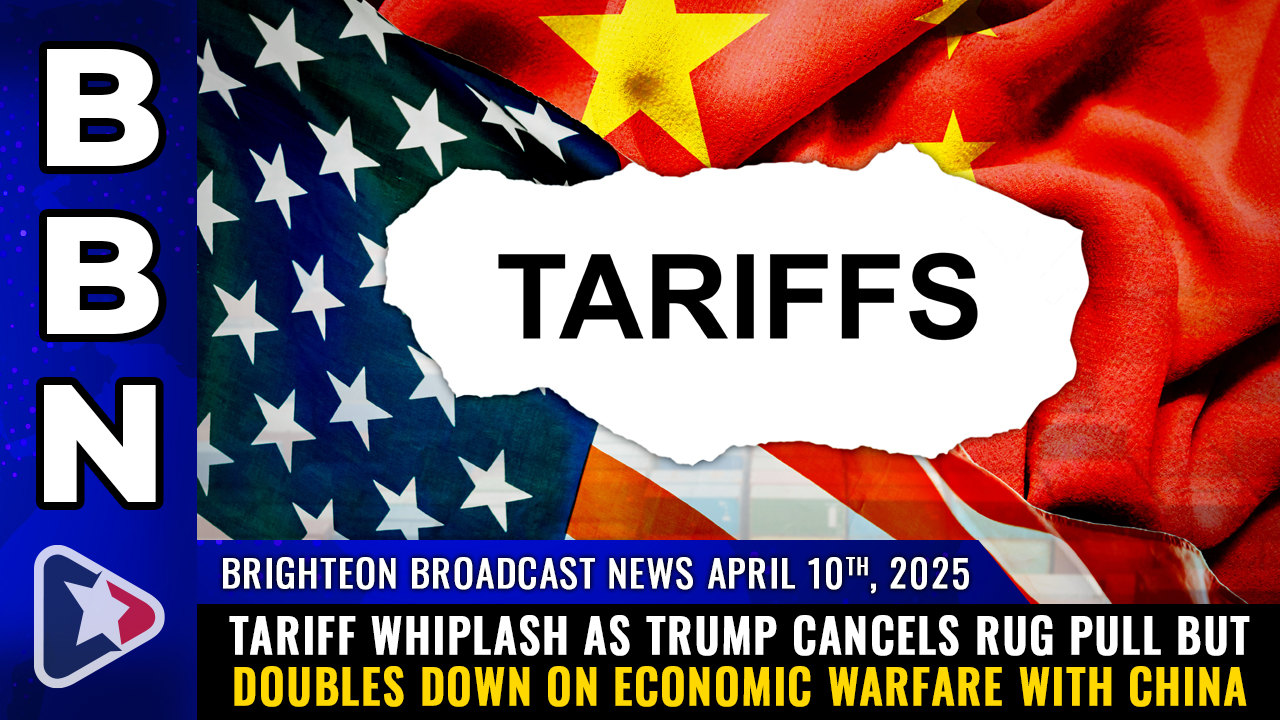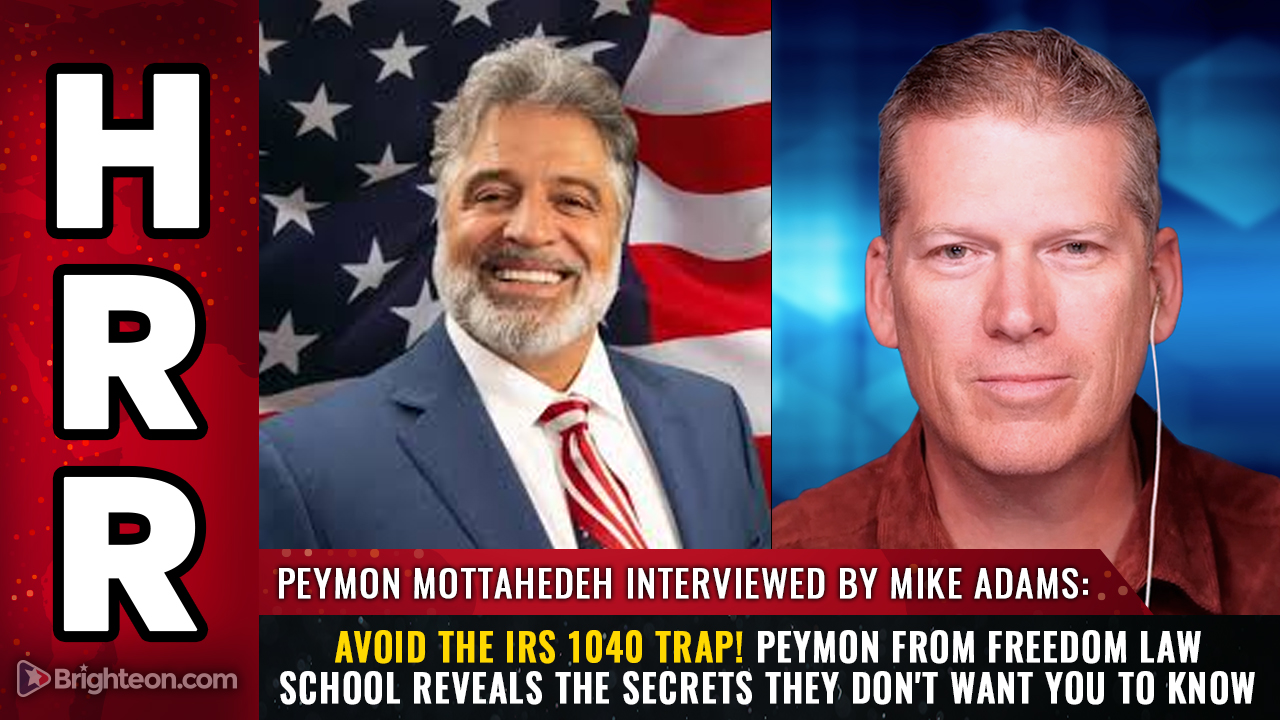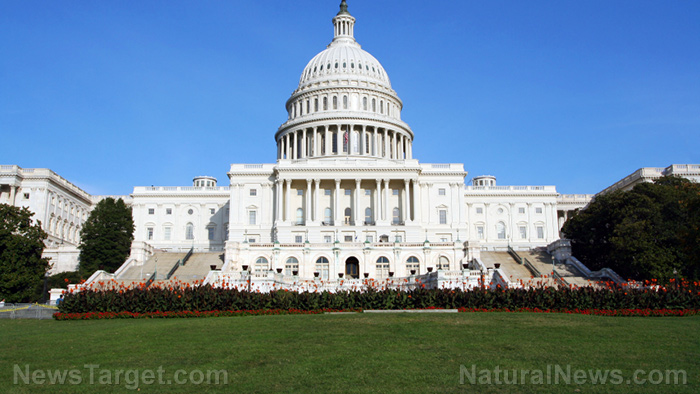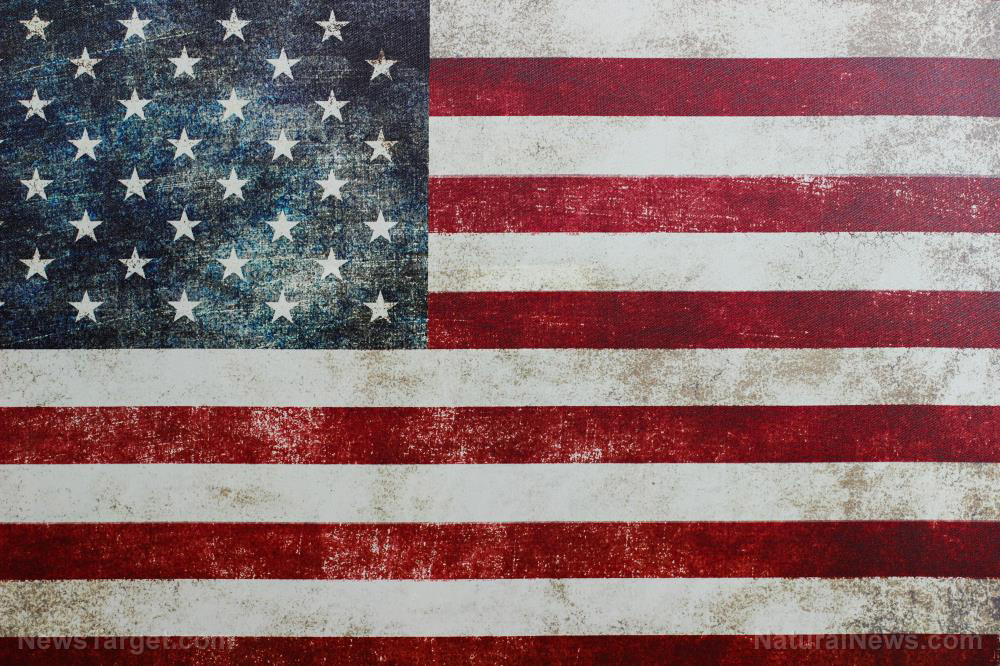Cory Edmund Endrulat’s “Government is Unnatural, Anarchy is Natural” argues against the coercive and violent power of governments
04/17/2025 / By Arsenio Toledo
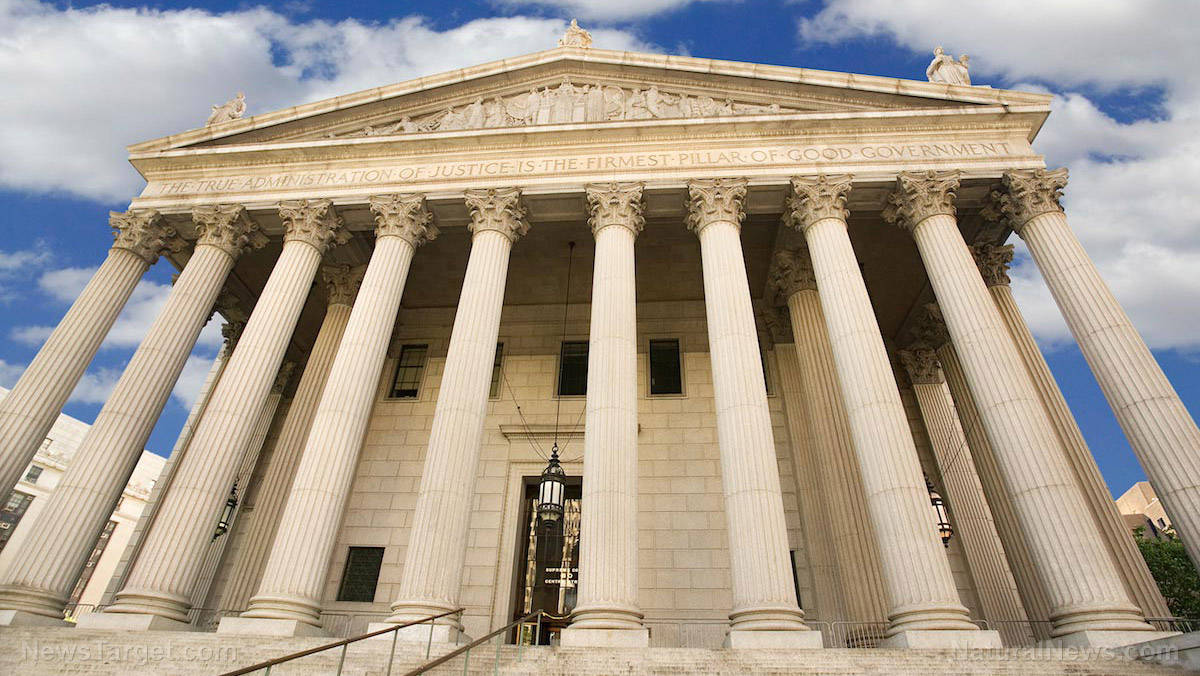
- Endrulat argues that government is an artificial system of control, contrary to the natural order of the universe, which operates through principles like physics and voluntary cooperation rather than coercion.
- He defines morality as aligning with nature’s inherent laws (natural law) rather than human-imposed structures. Government, being coercive, violates self-ownership and freedom — core natural rights.
- Citing experiments like Milgram’s obedience study and the Stanford Prison Experiment, he claims authority corrupts moral judgment, proving government inherently oppressive.
- Anarchy means a rulerless society grounded in mutual consent, not disorder. Humans possess innate morality and can self-govern peacefully without imposed hierarchies.
- Historical movements (e.g., abolition of slavery) show that persuasion, not force, dismantles oppression. Endrulat believes education and dialogue can transition society away from government toward natural anarchy.
Cory Edmund Endrulat’s book, “Government is Unnatural, Anarchy is Natural: A Practical Analysis therein Naturosophy,” questions whether government truly is necessary to live in a society.
Endrulat challenges conventional wisdom by asserting that government is an unnatural construct. He argues that anarchy is the more natural order for humanity. His book, which blends discussions of philosophy, political and social theory and history, presents a radical critique of modern governance and offers a vision for a society based on voluntary cooperation and his definition of “natural law.”
Endrulat begins by defining the natural as that which aligns with the inherent order of the universe, such as the laws of physics and the cycles of life, which existed long before humans. He contrasts this with the unnatural, which he describes as human constructs designed to control or alter the natural world.
According to Endrulat, the distinction between natural and unnatural is where morality lies. Humanity, he argues, has the power to choose between aligning with the natural order or deviating from it, a choice that carries profound implications for society.
At the heart of Endrulat’s argument is the claim that government is an unnatural system. He describes it as a man-made construct that imposes order through violence and coercion, violating the natural principles of freedom and self-ownership.
To help prove that authority is unnatural, Endrulat uses as examples the Stanley Milgram and Stanford Prison social experiments, which illustrated how individuals can easily be manipulated into committing harmful acts when they believe they are doing so at the request of perceived authorities. These experiments, he argues, reveal the dangers of government and the ease with which people surrender their moral judgment under the guise of authority.
Endrulat’s alternative to government is anarchy, which he is quick to distinguish from chaos. Rather, he defines anarchy as a society without rulers. In his vision of an anarchist society, Endrulat believes individuals would be free to govern themselves according to natural law, engaging in voluntary interactions based on mutual consent. He emphasizes that humans possess an innate sense of morality and would naturally organize themselves in ways that promote harmony and cooperation.
To support his argument, Endrulat cites the abolition of chattel slavery in the United States as an example of how moral suasion — or, the concept of appealing to people’s sense of morality through persuasion and education0 — can lead to significant social change. He argues that the abolitionist movement demonstrated how helping people recognize the inviolable natural rights of all individuals could dismantle oppressive systems. Applying this principle to government, Endrulat suggests that moral suasion could inspire individuals to reject coercive authority and embrace a more natural order.
Endrulat’s vision of a stateless society is rooted in the belief that individuals are capable of self-governance. He sees moral suasion as a key tool for transitioning from a world dominated by government to one based on anarchy. By fostering dialogue and spreading knowledge, he argues, people can be empowered to take responsibility for their own lives and create a society built on mutual respect and voluntary cooperation.
As the debate over governance continues, “Government is Unnatural, Anarchy is Natural” adds a fresh perspective to discussions about freedom, authority and the natural order. Endrulat’s arguments invite readers to consider whether the systems that dominate modern life truly serve humanity’s best interests or if they perpetuate a cycle of dependence and control. In a world increasingly defined by political polarization and skepticism of institutions, his ideas resonate with those seeking alternatives to traditional forms of governance.
Whether or not one agrees with Endrulat’s conclusions, his book underscores the importance of questioning assumptions about government and exploring innovative approaches to organizing society. As humanity grapples with the challenges of the 21st century, his call for a return to natural principles may spark further dialogue on the future of governance and the pursuit of a more just and free society.
Watch this video discussing Cory Edmund Endrulat’s book “Government is Unnatural, Anarchy is Natural: A Practical Analysis therein Naturosophy.”
This video is from the BrightLearn channel on Brighteon.com.
Sources include:
Submit a correction >>
Tagged Under:
anarchy, authority, big government, Cory Edmund Endrulat, culture, digital tyranny, enslaved, freedom, individualism, liberty, moral suasion, morality, obey, police state, self-ownership, society, tyranny
This article may contain statements that reflect the opinion of the author
RECENT NEWS & ARTICLES
COPYRIGHT © 2018 ENSLAVED.NEWS
All content posted on this site is protected under Free Speech. Enslaved.news is not responsible for content written by contributing authors. The information on this site is provided for educational and entertainment purposes only. It is not intended as a substitute for professional advice of any kind. Enslaved.news assumes no responsibility for the use or misuse of this material. All trademarks, registered trademarks and service marks mentioned on this site are the property of their respective owners.





